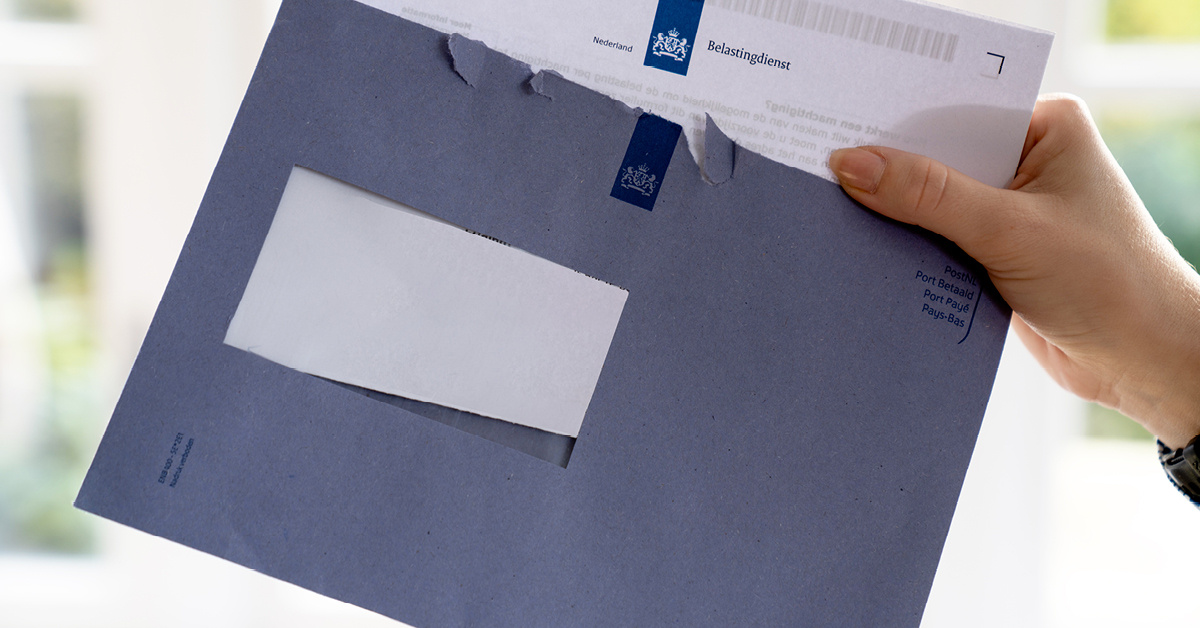Share this
Supreme Court issues important decisions related to box 3 taxation
By Taxperience on June 2024

Currently, the income subject to Dutch personal income tax in box 3 is calculated by determining a deemed income. The basis for this calculation is the value of bank deposits, other assets (such as stocks and real estate), and debts on January 1 of the year. Each of the three categories has a separate deemed income percentage. Actual income (interest, dividends, rent, and capital gains) and expenses (interest paid on debts) are irrelevant. As a result, a successful investor currently pays the same amount of income tax as an unfortunate one.
At the end of 2021, the Supreme Court already ruled that the system as it existed in 2017 was in violation of the prohibition of discrimination and the protection of property rights under the ECHR, especially when the deemed income was higher than the actual income. The system created unequal treatment within the group of investors.
Following this decision, the Recovery Act was introduced to adjust income taxation in box 3 for the years 2017-2022. Although still based on deemed income, this law aimed to better approximate the actual income by splitting the assets into bank deposits, other assets, and debts, each with their own income percentages.
The Supreme Court now rules that the Recovery Act only partially solves the problem. For people with only bank deposits, the actual income is well approximated. However, this does not apply to those with other assets. For all other assets, regardless of type, the same income percentage is still assumed. Therefore, the unequal treatment of investors continues. This is in violation of the prohibition of discrimination and property rights when the deemed income is higher than the actual income. Therefore, the Supreme Court rules that taxation in box 3 must be based on the actual income for everyone.
The Supreme Court has also provided rules for calculating the actual income, which must encompass the total amount of savings and investments. It concerns the nominal income, without taking inflation into account. Positive or negative incomes in other years are not considered. The actual income includes not only the benefits derived from the assets, such as interest, dividends, and rent, but also positive and negative changes in the value of those assets. Unrealized value changes are also part of the actual income. Costs are not considered, with an exception for interest expenses on debts that belong to the assets in box 3.
If the deemed income is higher than the actual income and the taxpayer can prove this, the tax assessment will be reduced. No interest will be reimbursed by the Dutch tax authorities, except in very specific cases.
At this moment, it is still unclear how the tax authorities will implement this decision of the Supreme Court. It goes without saying that we are keeping a close eye on further developments. If you want to know more about this subject or what the impact is in your specific situation, please feel free to contact us.
Taxperience has taken care in compiling the information provided in this article. However, Taxperience will not be liable for any direct or indirect damages resulting from the use of, reliance on, or actions taken in response to the information provided in this article.
Share this
- News (43)
- Human Capital (7)
- Tax Advisory (7)
- Family Business (4)
- International Tax (4)
- Tax & Customs (4)
- Tax plan (4)
- Legislation (3)
- Taxperience news (3)
- Law (2)
- Budget Day (1)
- Corporate (1)
- Council (1)
- Financial Advisory (1)
- Interim Solutions (1)
- Jurisdiction (1)
- Notary (1)
- Prince's Day (1)
- Real Estate (1)
- Real Estate Special (1)
- Shares (1)
- Social security (1)
- Tax Compliance (1)
- Taxperience Family Business (1)
- Transfer Pricing (1)
- VAT (1)
- lease car (1)
- work related costs (1)
- December 2025 (1)
- November 2025 (1)
- October 2025 (4)
- September 2025 (3)
- August 2025 (3)
- June 2025 (1)
- May 2025 (3)
- April 2025 (9)
- March 2025 (1)
- February 2025 (3)
- January 2025 (2)
- December 2024 (3)
- September 2024 (1)
- August 2024 (2)
- July 2024 (4)
- June 2024 (3)
- May 2024 (1)
- March 2024 (3)
- December 2023 (1)
- November 2023 (1)
- July 2023 (1)
- June 2023 (1)
- May 2023 (1)
- April 2023 (1)
- March 2023 (1)
- February 2023 (1)
- May 2022 (1)
- February 2022 (1)
- July 2021 (1)
- March 2020 (1)
- February 2017 (1)